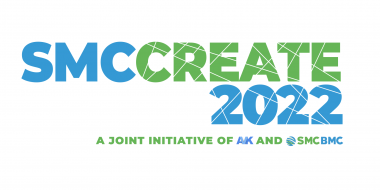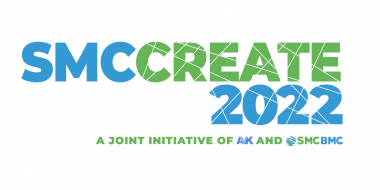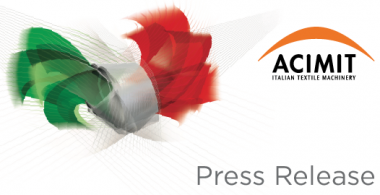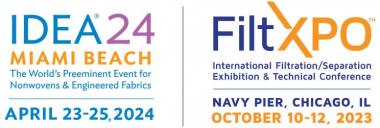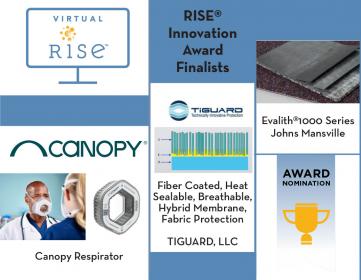SMCCreate Conference: Programme completed
The SMCCreate Conference provides information on design with SMC and BMC composites and offers valuable insights into the entire product design process from the idea to part manufacturing, targeted both at experienced designers and at designers that are new in applying these versatile materials. 15 lectures by international speakers from France, Germany, Italy, Spain, The Netherlands and the USA will present practical presentations about sustainability, part design, mobility and automotive applications. Equally current trends and developments in the European SMC/BMC market are on the agenda. The presentation language will be English.
The winner of the SMC BMC Design Award 2022 , Isa Buitenhuis completes the programme of the SMCCreate Design Conference 2022 from 28-29 June in Antwerp. The TU Delft student will present her winning design LightTurn in a lecture. This shower panel makes showering a completely new experience, as the shower fitting can be extended to suit the age of the user. It combines a seat, water-saving elements and even lighting in a modern design. The award is offered by the European Alliance for SMC BMC and took place during the JEC World in Paris at the beginning of May.
The SMCCreate 2022 Conference will be organized on June 28-29, 2022 in the Hilton Hotel in Antwerp (Belgium).
AVK - Industrievereinigung Verstärkte Kunststoffe e. V.


